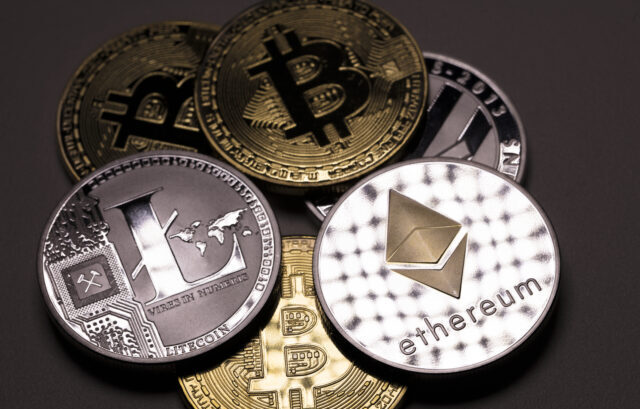Financial advisers continue to be reluctant to recommend cryptocurrencies to their clients despite investors becoming increasingly interested in digital assets, attracted by the prospect of unprecedented appreciation and gains.
Although advisers feel the need to offer crypto strategies to retain and/or expand their client base, the volatility coupled with uncertainty and the unregulated nature of the market is pulling them back.
“It is also a fact that most advisers are unfamiliar with the crypto market and they do not want to take the blame of causing losses to clients when tread an unknown path. It is also interesting that even knowledgeable advisers desist from recommending the new age assets,” said Ajay Mehta, director, Vision Ventures International, Dubai.
International Adviser, in April, ran a report saying advisers in the UAE are circumspect about recommending cryptocurrencies.
Krishnan Ramachandran, chief executive of Barjeel Geojit Financial Services, Dubai, reiterated his views that there is still a lack of clarity and understanding about the asset class by both advisers and investors, and he prefers to classify them as very speculative and volatile investment.
The status quo is that advisers are still not convinced about the regulatory oversight that the various crypto investment platforms offer.
Crypto bull run
Whether advisers vouch for it or not, the crypto market is on a bull run.
Bitcoin is back in the reckoning, reclaiming the $50,000-mark after suffering a knockdown. Analysts predict that the coin is in for another winning streak.
There is more good news on this front. PayPal has launched its cryptocurrency service enabling customers to buy, hold and sell digitial currencies on the payments platform.
UAE authorisation
The UAE is reportedly planning to authorise digital currency trades.
It has also been reported that an arrangement was endorsed between the market regulator SEC and Dubai Airport Free Zone Authority to offer and exchange of crypto resources inside the free zone. A blockchain-based trade for sugar exchanging was opened in the free-zone last year.
However, advisers have mostly stuck to recommending crypto ETFs as and when they are listed on stock exchanges.
“An emerging Bitcoin ETF segment will be a good option for investors to consider allocating a small portion of their investments to the crypto asset class,” said Ramachandran.
All-time safe favourites
Traditional investment instruments such as mutual funds, bonds, bank deposits, commodity-backed investments, gold and more importantly equities are the most favoured avenues recommended by advisers.
“These instruments have a risk-free profile. If investors take fancy to cryptos, they should look for cryptocurrencies issued by central banks,” Binoo Nayyar, chief financial officer, TrendRiser Securities, Dubai.
Even gold should form a sizeable share in investors’ portfolio. Veteran investor Mark Mobius recently said that investors should allocate 10% of their portfolios to gold as he expects currencies to be devalued after the unprecedented worldwide stimulus rollout as part of the fight against the economic setbacks triggered by covid-19.
Gold is traditionally seen as a safe haven investment.
This was proved right when investors bought record quantities of gold in the onslaught of the coronavirus pandemic that hit economies and businsses crashed.
India’s digital currency
NRIs have been keenly watching what India is doing about regulating the cryptocurrency market.
The Reserve Bank of India has indicated the use of a digital currency, as fiat money, to reduce dependency on paper notes and reduce the load on transactions.
The central bank digital currencies (CBDCs) would also potentially enable a more real-time and cost-effective globalisation of payment systems, according to the central bank.
The central bank may launch a pilot of its digital currency by December 2021.
The CBDC is different from bitcoin or other cryptocurrencies. It is a legal tender issued by a central bank in a digital form and is the same as a fiat currency and is exchangeable one-to-one with the fiat currency. Only its form is different.








